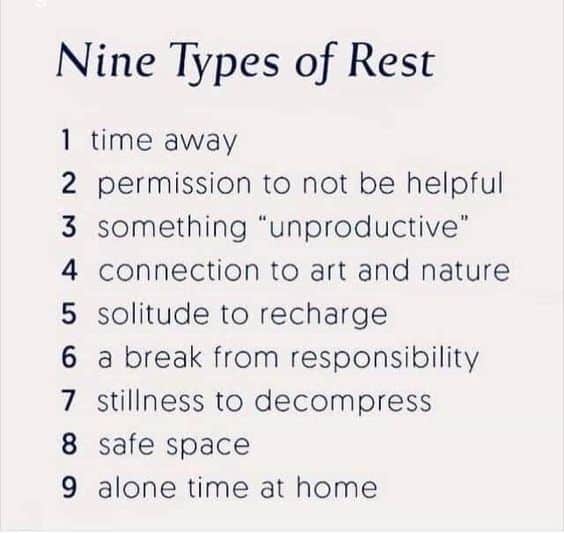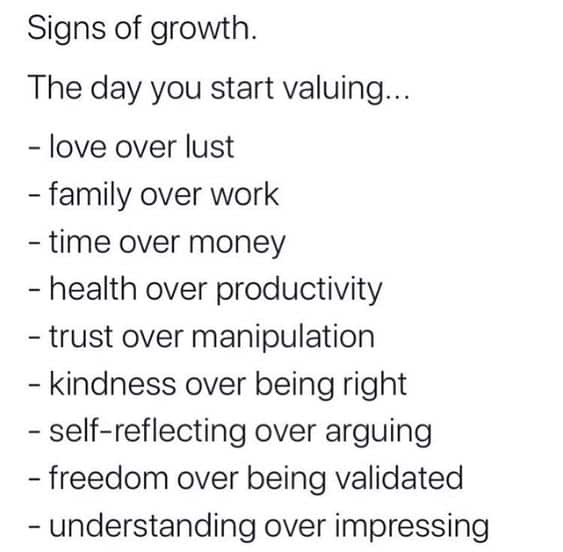“Love should not be conditional, one should not expect anything out of it. It should be for its own sake—not for any reward, not for any result. If there is some motive in it, your love cannot become the sky. It is confined to the motive; the motive becomes its definition, it’s boundary. Unmotivated love has no boundary: It is pure elation, exuberance, it is the fragrance of the heart.”
Osho, Everyday Osho (Page 4)
“At times, I wish I were better at moderation. But, to be honest, it’s just not the way I’m wired. I came into this world hungry and I’m going to die hungry and my hunger is going to make me wildly successful and ultimately lead to my demise and I’m okay with that. I don’t want to be full.”
Cole Schafer (January Black), One Minute, Please? (Page 168)
“I’m not here to create a legacy. I’m here to set the sky on fire like a shooting star, just for a moment. I’m here to light this world ablaze and then I want to be gone. Any extra time the reaper lets me stick around after that, well that’s just cherries, love. That’s just cherries on top.”
Cole Schafer (January Black), One Minute, Please? (Page 160)
“If you’re privileged, all that I ask is this. Once, don’t take it for granted and certainly don’t waste it. Two, when you can, always, help someone who is less privileged. Three, remind underprivileged kids in your community that they don’t have to become a professional athlete or a rap artist or Instagram influencer to make it big, remind them they can become writers, scientists, teachers, hair-stylists, designers, doctors and lawyers. You don’t have to go out and start a non-profit, you don’t have to go on marches, you don’t have to change the world, you just have to change one person in it. Just once in your lifetime, look for some small way you can help someone who is less fortunate than you are. Because, to be completely candid, if you’re reading this right now you’re privileged too.”
Cole Schafer (January Black), One Minute, Please? (Page 154)
“The love you’ll one day show your person isn’t just your love. It’s a collection or a cultivation, rather, of the love you were shown (be it good or bad) by those who came before him or her.”
Cole Schafer (January Black), One Minute, Please? (Page 138)
“Whenever you find that society is in conflict with nature, choose nature—whatever the cost. You will never be a loser.”
Osho, Everyday Osho (Page 3)
“When you find yourself judging someone, take a step back. Ask yourself, what deep underlying insecurity or fear is this person triggering in me? During the most judgmental phases of my life, I was also extremely insecure and unhappy. I couldn’t face my own insecurities and unhappiness so instead, I chose to reflect these feelings onto others in the form of judgment. Today, when I feel myself becoming judgmental towards anyone, it serves as a nice reminder that I have some internal work to do and I do it.”
Cole Schafer (January Black), One Minute, Please? (Page 136)
“She and I didn’t end in a horrible derailing crushing wreck that left both of us bloody and grabbing for our throats to check if we were still breathing—it was more like a slow dance. We were holding each other closely, swaying to Cigarettes After Sex and I decided to gently let go of her hand and she didn’t make the slightest attempt to grab it back. And, in a cynical yet poetic way, this is what loving in a broken generation haunted by dreams feels like—a slow dance that gets slower and slower until the music stops and someone lets go.“
Cole Schafer (January Black), One Minute, Please? (Page 134)
“Meditation simply means transforming your unconsciousness into consciousness. Normally only one-tenth of our mind is conscious, and nine-tenths is unconscious. Just a small part of our mind, a thin layer, has light; otherwise the whole house is in darkness. And the challenge is to grow that small light so much that the whole house is flooded with light, so that not even a nook or corner is left in darkness.”
Osho, Everyday Osho (Page 1)
“I’ve known great troubles, both mentally and emotionally, and many of them have been cured sitting alone in a room with a therapist. And, I’d argue just as many, if not more, have been cured spending fifteen to twenty minutes with my head on a women’s chest. Fucking is good. But it’s not medicine.”
Cole Schafer (January Black), One Minute, Please? (Page 132)
Everyday Osho [Book]

Book Overview: Everyday Osho features 365 short meditations that offer insights into living fully in the here and now. Each brief text is thoughtful and inspiring and the perfect length for starting a daily meditation practice. With topics that range from gratitude to nature to philosophy to love, Everyday Osho contains a full year of meditation and inspiration.
Post(s) Inspired by this Book:
Letting Your Bow Relax—A Short Story About Not Being So Serious All Of The Time
“Today, I no longer worry about being the best looking guy in the room. I want to be the smartest. I want to be the most creative. I want to be the most thoughtful. I want to be the most interesting. But, I couldn’t give a shit less about being the best looking. I want to be everything I wasn’t born to be. I want to be everything I’ve worked like hell to build.”
Cole Schafer (January Black), One Minute, Please? (Page 131)







